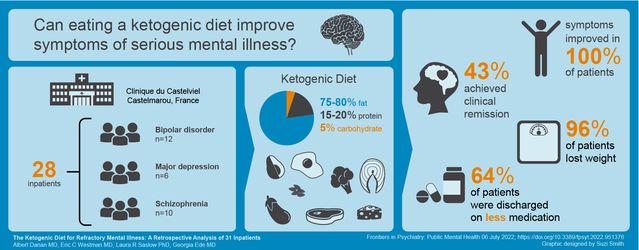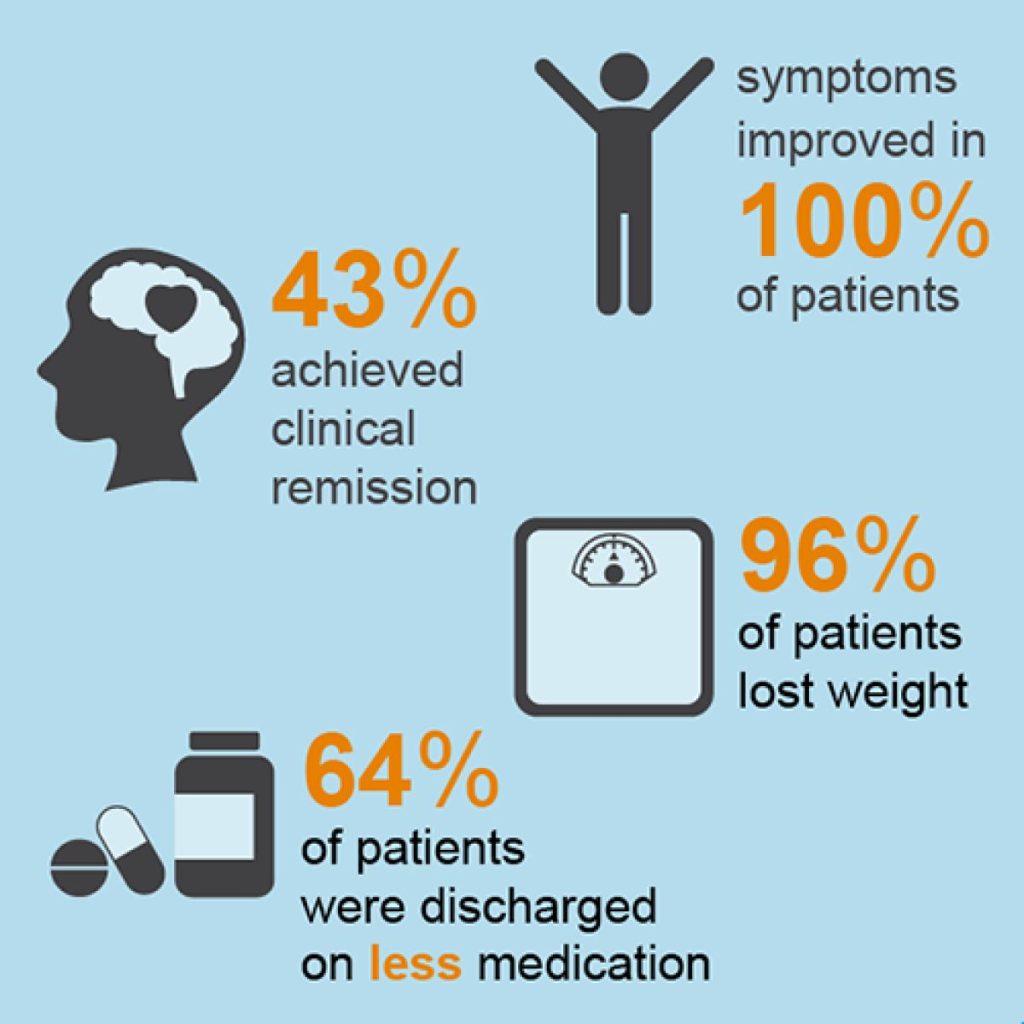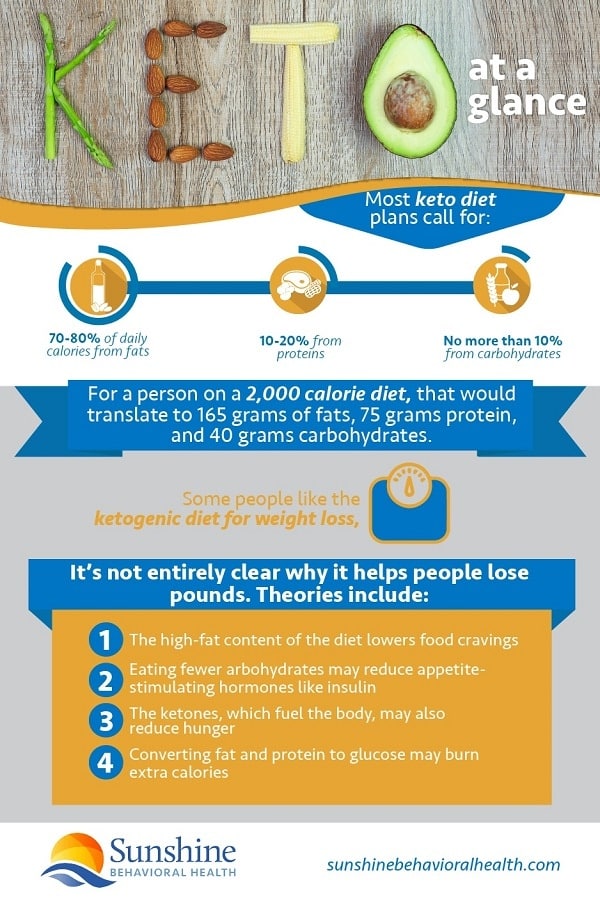Are you feeling like your mental clarity could use a boost? Look no further than the Keto diet! This article explores how following a Keto diet can have a positive impact on brain function and help you achieve mental clarity. By limiting carbohydrates and focusing on consuming healthy fats, the Keto diet provides your brain with the fuel it needs to function at its best. Discover the science behind this connection and learn how you can start reaping the benefits of clearer thinking with the Keto diet.
What is the Keto Diet?
The keto diet, short for ketogenic diet, is a low-carbohydrate, high-fat diet that has gained popularity for its potential benefits in weight loss and brain function. The basic principle of the keto diet is to drastically reduce your intake of carbohydrates and replace them with fats. By doing so, your body will enter a state of ketosis, where it becomes highly efficient at burning fat for energy instead of glucose from carbs.
Benefits for Weight Loss
One of the primary reasons people turn to the keto diet is for weight loss. By significantly reducing your carbohydrate intake, the body is forced to rely on stored fat for fuel. This can lead to a noticeable decrease in body weight and a reduction in body fat percentage over time. Additionally, the keto diet has been found to help regulate insulin levels and control hunger, making it easier to limit calorie intake and adhere to a reduced-calorie diet.
Benefits for Brain Function
While weight loss is a popular benefit of the keto diet, its impact on brain function should not be overlooked. The brain, like any other organ, requires a steady supply of energy to function optimally. The keto diet can provide this energy by utilizing ketones, which are produced when the body breaks down fats for fuel. Ketones serve as an alternative fuel source for the brain and have been linked to improved cognitive function, memory, and mental clarity.
How Does the Keto Diet Affect the Brain?
The Role of Ketones
When you enter a state of ketosis on the keto diet, your body begins producing ketones. Ketones are molecules that are produced from the breakdown of fatty acids in the liver. These ketones can cross the blood-brain barrier and provide an alternative source of energy for the brain. Unlike glucose, ketones provide a steady and consistent supply of energy to the brain, which can enhance brain function and mental clarity.
Reducing Inflammation
Inflammation within the brain can have a negative impact on cognitive function and mental clarity. The keto diet has been found to have anti-inflammatory effects due to the reduction in processed carbohydrates and sugars. By reducing inflammation in the brain, the keto diet can help improve mental clarity and overall brain health.
Enhancing Neurotransmitter Balance
The keto diet has also been shown to influence the balance of neurotransmitters in the brain. Neurotransmitters are chemical messengers that transmit signals between nerve cells. Imbalances in neurotransmitters have been linked to mood disorders, such as depression and anxiety. The keto diet, by stabilizing blood sugar levels and reducing insulin spikes, can help regulate the production and activity of neurotransmitters, leading to improved mental clarity and emotional well-being.

Improving Mental Clarity with the Keto Diet
Increased Energy Levels
One of the key benefits of the keto diet is the increase in energy levels. When your body is fueled by ketones, it has a constant source of energy that does not rely on the ups and downs of blood sugar levels. This steady supply of energy can result in improved mental clarity and sustained focus throughout the day.
Reduced Brain Fog
Many people experience brain fog, which is characterized by difficulty concentrating, forgetfulness, and a lack of mental clarity. The keto diet has been reported to reduce brain fog and enhance cognitive function. This may be due to the elimination of processed carbohydrates and sugars, which can lead to blood sugar crashes and cognitive impairment.
Enhanced Focus and Concentration
By providing a steady supply of energy to the brain, the keto diet can enhance focus and concentration. Unlike the spikes and crashes associated with glucose metabolism, ketones offer a consistent source of fuel that promotes sustained mental performance. This can have a positive impact on productivity, problem-solving abilities, and overall cognitive function.
Nourishing the Brain with Healthy Fats
Omega-3 Fatty Acids
Omega-3 fatty acids are essential fats that play a crucial role in brain health and function. These fatty acids are found in fatty fish, such as salmon and sardines, as well as in walnuts, flaxseeds, and chia seeds. Incorporating these foods into your keto diet can provide the brain with the necessary nutrients to maintain optimal mental clarity and function.
Medium-Chain Triglycerides (MCTs)
Medium-chain triglycerides (MCTs) are a type of fat that is easily absorbed and utilized by the body for energy. MCT oil, derived from sources like coconut oil, is a popular supplement among those following the keto diet. MCTs are converted into ketones by the liver and can provide an immediate source of energy to the brain. This can enhance mental clarity and promote overall brain health.
Avocado and Olive Oil
Avocado and olive oil are excellent sources of healthy fats that are ideal for a ketogenic diet. These fats are rich in monounsaturated fats, which have been associated with improved brain function and cognitive performance. Adding avocado and olive oil to your keto diet can nourish the brain and contribute to mental clarity.

Balancing Nutritional Deficiencies
Magnesium and Mental Health
Magnesium is a mineral that plays a crucial role in brain health and mental well-being. A deficiency in magnesium has been linked to an increased risk of depression and anxiety. The keto diet can sometimes be low in magnesium, so it is important to ensure adequate intake through foods such as spinach, almonds, and pumpkin seeds. Maintaining proper magnesium levels can support mental clarity and promote positive mental health.
Vitamin D and Cognitive Function
Vitamin D is known as the “sunshine vitamin” and is essential for brain health. Low levels of vitamin D have been associated with cognitive impairment, depression, and a decline in mental function. Since the keto diet can restrict certain food groups that are sources of vitamin D, it may be necessary to supplement or increase intake of foods like fatty fish and fortified dairy products to maintain optimal levels and support cognitive function.
B vitamins and Brain Fog
B vitamins, including thiamine, riboflavin, niacin, and folate, are essential for brain health and the production of neurotransmitters. Deficiencies in these vitamins can lead to brain fog, fatigue, and cognitive decline. It is important to ensure sufficient intake of B vitamins while following the keto diet. Foods such as leafy greens, eggs, and meat are excellent sources of these essential nutrients and can support mental clarity.
Managing Stress and Anxiety
The Impact of Stress on Mental Clarity
Stress can have a significant impact on mental clarity and cognitive function. Chronic stress can lead to increased cortisol levels, which can impair memory, focus, and overall brain health. It is important to manage stress effectively to maintain mental clarity and support optimal brain function.
Keto and Stress Reduction
The keto diet has been found to have positive effects on stress reduction. By stabilizing blood sugar levels and reducing insulin spikes, the keto diet can help regulate hormone levels, including cortisol. This can lead to a reduction in stress levels, promoting mental clarity and emotional well-being.
The Role of Ketones in Anxiety
Anxiety is a common mental health condition that can negatively affect mental clarity. Ketones, produced during ketosis on the keto diet, have been found to have anxiolytic effects, meaning they can reduce anxiety symptoms. By incorporating the keto diet into your lifestyle, you may experience a decrease in anxiety levels, improving mental clarity and overall well-being.

Promoting Gut Health
The Gut-Brain Connection
The gut and the brain are intricately connected, and the health of one can significantly impact the other. The keto diet, with its emphasis on whole foods and healthy fats, can promote gut health and improve the gut-brain connection. A healthy gut microbiome can contribute to improved mental clarity by reducing inflammation and supporting proper neurotransmitter production.
Reducing Inflammation in the Gut
The high-fat nature of the keto diet can help reduce inflammation in the gut, which can have a positive impact on mental clarity. Chronic inflammation in the gut has been linked to conditions such as leaky gut syndrome, which can lead to impaired cognitive function and brain fog. By reducing inflammation, the keto diet can support a healthy gut and promote mental clarity.
Prebiotics and Probiotics on Keto
Including prebiotic and probiotic-rich foods in your keto diet can further enhance gut health and mental clarity. Prebiotics are types of fiber that fuel the growth of beneficial bacteria in the gut, while probiotics are live bacteria that provide numerous health benefits. Foods such as sauerkraut, kimchi, and kefir can be included in a keto diet to support a healthy gut microbiome and improve mental clarity.
Maintaining a Healthy Sleep Cycle
Quality Sleep and Mental Clarity
Adequate sleep is essential for maintaining mental clarity and cognitive function. Lack of sleep can impair concentration, memory, and overall brain health. The keto diet may indirectly improve sleep quality by stabilizing blood sugar levels and reducing inflammation, both of which can contribute to better sleep.
Keto and Sleep Quality
Research suggests that the keto diet may improve sleep quality. By reducing carbohydrates and increasing healthy fats, the keto diet can promote a more balanced release of hormones during sleep. This can result in deeper, more restful sleep, leading to improved mental clarity and cognitive function during waking hours.
Optimizing Sleep on a Keto Diet
To optimize sleep while following a keto diet, it is important to establish a consistent sleep schedule, create a relaxing bedtime routine, and ensure that your environment is conducive to sleep. Additionally, incorporating foods that promote sleep, such as herbal teas and magnesium-rich foods, can further support a healthy sleep cycle and contribute to mental clarity.

Potential Challenges and Considerations
Keto Flu and Temporary Brain Fog
When transitioning to the keto diet, some individuals may experience what is commonly known as the “keto flu.” Symptoms may include fatigue, brain fog, nausea, and headaches. These symptoms are usually temporary and can be managed by staying hydrated, increasing electrolyte intake, and gradually easing into the keto diet. It is important to recognize that these temporary challenges do not reflect the long-term benefits of the diet.
Individual Variations and Adjustments
The effects of the keto diet on mental clarity may vary from person to person. Each individual’s response to the diet can be influenced by factors such as genetics, overall health, and lifestyle. It is important to be patient and open to adjustments based on your own experience. Consulting with a healthcare professional or a registered dietitian can provide personalized guidance and support.
Consulting with a Healthcare Professional
Before starting any new diet or making significant changes to your eating habits, it is advisable to consult with a healthcare professional. They can assess your individual needs and medical history to determine if the keto diet is appropriate for you. A healthcare professional can also provide guidance on potential challenges and adjustments to ensure optimal results and support mental clarity.
Incorporating Exercise for Improved Brain Function
Cardiovascular Exercise and Mental Clarity
Regular cardiovascular exercise, such as running, cycling, or swimming, has been shown to have numerous benefits for brain function. Exercise increases blood flow to the brain, promotes the growth of new neurons, and enhances cognitive function. By incorporating cardiovascular exercise into your routine, in conjunction with the keto diet, you can further improve mental clarity and support overall brain health.
Strength Training and Cognitive Performance
Strength training, including activities such as weightlifting and resistance exercises, can also have positive effects on cognitive performance. Strength training has been associated with improved memory, attention, and cognitive flexibility. By combining strength training with the ketogenic diet, you can enhance brain function and mental clarity.
Finding the Right Balance on Keto
Finding the right balance between the keto diet and exercise is important to optimize brain function and mental clarity. While the keto diet can provide a reliable source of energy for physical activity, adjustments may be needed to ensure sufficient fuel during more intensive workouts. Listening to your body and making adjustments as necessary will help you find the balance that works best for you.
In conclusion, the keto diet offers numerous benefits for improving mental clarity and brain function. By utilizing ketones as a source of energy, reducing inflammation, nourishing the brain with healthy fats, balancing nutritional deficiencies, managing stress and anxiety, promoting gut health, maintaining a healthy sleep cycle, and incorporating exercise, you can enhance your mental clarity and support optimal brain function. However, it is important to remember that individual variations may exist and consulting with a healthcare professional is always recommended before embarking on any significant dietary changes. With the right approach and a focus on overall well-being, the keto diet can be a valuable tool for achieving mental clarity and thriving in your daily life.
